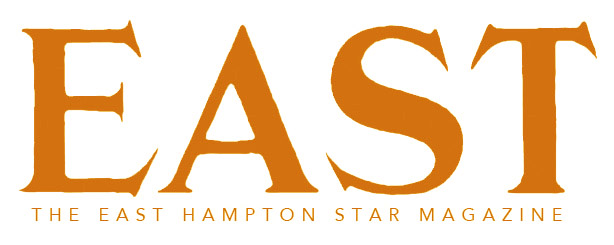Total collapse — it’s the mindless mindset that we actively seek when we strip off our clothes and throw ourselves down on the warm sand to be lulled into a trancelike calm by the hypnotic rhythm of the ocean waves. At the beach, we let down our hair and don’t care who sees our inner thighs. At the beach, rich and poor are, for once, leveled in their shared humanity.
As captured by the photographer Nat Ward, perhaps the most remarkable element of American beach culture is that this discarding of decorum, and control over how others see us, comes in a setting where — uniquely, except perhaps at certain other public-pleasure destinations where fun-seekers congregate in hot weather, like the carnival — people of all backgrounds, ages, incomes, and political or religious beliefs mingle and mix in close bodily proximity. We are so close we can see one-another’s bikini waxes and accidentally inhale our neighbor’s aerosol Sun Bum Sunscreen Spray.
Ward, born in Philadelphia in 1983, lives in Queens; his work is in the collections of MOMA, the Guggenheim, the Metropolitan Museum of Art, the Parrish, and the Museum of Fine Arts Houston. The images from his four-summer informal residency at Ditch Plain resulted not just in a recent exhibition at Second House Museum, but also in a book, both titled DITCH: MONTAUK, NY 11954.
Ward brought with him a large format camera to create panoramic images that embrace the wide stretch of the beach and the horizon. Crawling, bending, sitting, sleeping, stretching like cats, his beachgoers occupy their bodies as earthily as Americans ever allow themselves to.

